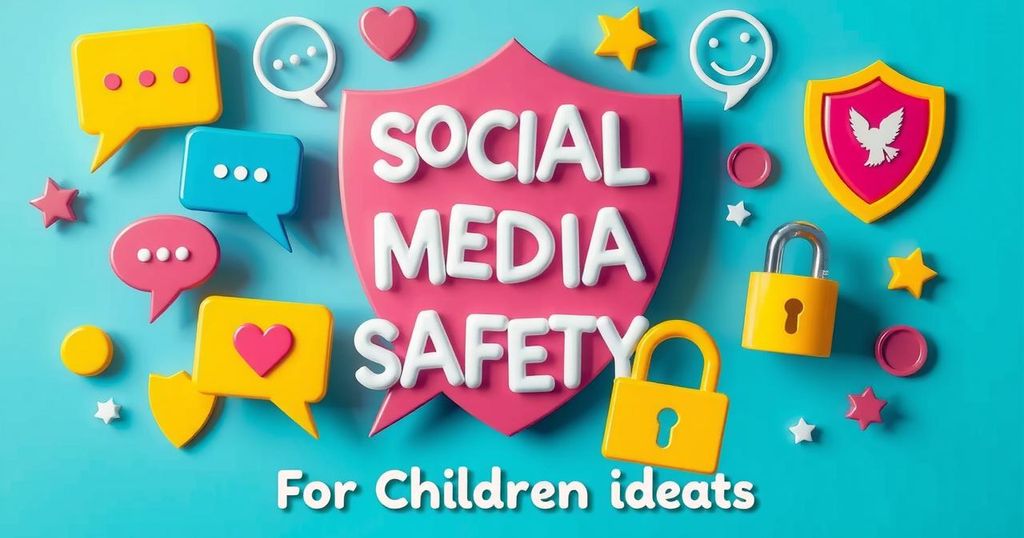Kenya has directed TikTok to remove sexual content involving minors following a report highlighting child exploitation. Regulators are investigating how such content evaded moderation and warn of potential sanctions. TikTok is accused of profiting from sexual livestreams by Kenyan teenagers while failing to enforce its content policies effectively.
The Kenyan government has mandated TikTok to eliminate all sexual content that involves minors following revelations from a media report regarding child exploitation on the platform. Regulatory bodies have initiated an inquiry seeking explanations from TikTok on how such offensive content has managed to slip past their moderation efforts. They have cautioned that sanctions may follow if non-compliance occurs.
This concerning report also indicates that TikTok generates revenue from sexual livestreams hosted by Kenyan teenagers, retaining a substantial 70% of the profits. Despite previous assurances from TikTok regarding enhancing its content monitoring systems, officials have asserted that the platform has not adequately enforced its own content policies.
Internationally, TikTok is experiencing intensified scrutiny owing to allegations of espionage in the United States, claims of election interference in the European Union, and bans imposed in countries such as India, Somalia, and various Western nations. As the pressure increases, Kenya’s stringent measures ignite a significant discussion surrounding TikTok’s accountability for regulating content.
This situation highlights the urgent need for social media platforms to take responsibility for the content shared within their networks, particularly when it involves vulnerable populations such as minors, prompting broader conversations about governance in the digital space.
In conclusion, the Kenyan government’s demand for TikTok to remove sexual content involving minors underscores the urgent need to address child exploitation on social media platforms. As TikTok faces mounting regulatory pressures and global scrutiny, the dialogue surrounding its responsibility for content moderation intensifies, exemplifying a critical issue within the realm of digital governance.
Original Source: www.firstpost.com




